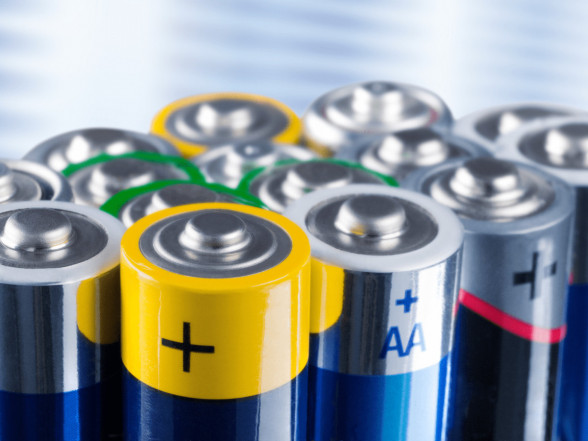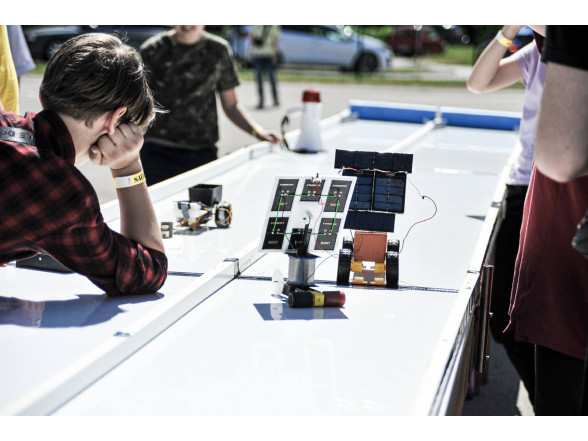In a recent interview on the Latvian National Radio program \"Zināmais nezināmajā\" (Known in the Unknown), leading researcher and head of the Energy Materials Laboratory, Dr. phys. Gints Kučinskis and the leading researcher from the same laboratory, Dr. chem. Gunārs Bajārs discussed the challenges of lithium battery production and the potential of sodium-ion batteries as a viable alternative.
With growing concerns over the environmental impact of lithium extraction—characterized by immense water consumption and soil degradation—the quest for sustainable energy solutions has become increasingly urgent. As the world shifts towards greener practices, the demand for lithium is facing constraints, making the future of lithium batteries uncertain. Predictions indicate that the huge demand for lithium could limit its availability on the global market, prompting scientists to explore alternatives.
Gunārs Bajārs emphasized the need to diversify our energy sources, stating, \"It’s not that we will need another element tomorrow, but we have to think about it.\" He highlighted the limited availability of lithium within Europe and the geopolitical factors that could further complicate supply.
One intriguing alternative being examined is table salt or sodium chloride. \"The logic is that table salt contains sodium, which can potentially replace lithium in batteries,\" explained Gints Kučinskis. Sodium is abundant, ranking as the seventh most plentiful material in the Earth’s crust. The researchers noted that the processes and materials used in lithium battery production could also be adapted for sodium batteries.
However, substituting lithium with sodium is not straightforward. Kučinskis elaborated on the complexities involved, stating, \"Sodium as an atom or ion is larger, which means the materials must accommodate larger positions for sodium to move in and out.\" This resizing can lead to instability in the material’s structure, potentially causing cracks on a microscopic scale. Despite these challenges, progress is being made in developing sodium-ion batteries, which are expected to play a significant role in stationary energy storage solutions.
In addition to sodium-ion batteries, researchers discussed innovations aimed at enhancing lithium-ion battery longevity, such as the InCoatBat project (implemented at the ISSP UL), which focuses on developing protective coatings for battery cathodes. They also highlighted eco-friendly supercapacitors being developed in the ARMS project (also implemented at the ISSP UL), utilizing materials like graphene to achieve high energy density and sustainability.
As the world grapples with the implications of lithium dependency, research into sodium-ion technology could pave the way for a more sustainable and stable energy future. The exploration of everyday materials to power our devices exemplifies the innovative thinking needed to address the pressing challenges of our time.
Known in the Unknown is a popular science radio magazine that explores a wide range of scientific fields, including nature, ecology, and history, while highlighting significant scientific achievements and the contributions of notable researchers, with a particular focus on Latvian scientists’ accomplishments locally and globally.
The interview about the future of batteries is in the second part of this audio recording in Latvian.



